
Fortitude, which urges us on when difficulty stands in the way of our duty, is itself the heroic element in the practice of virtue; it reaches its apex when it overcomes obstacles which to ordinary virtue are insurmountable.
Fortitude as one of the gifts from the Holy Ghost is a supernatural virtue. It is what, as Christians, we must always have in mind in order to make our actions acceptable for eternal life. But we still keep hold upon the natural principles of fortitude as those whereon grace has to build. "Natural fortitude" could be said to be had for instance by those who disply courage in battle, even unto death for what is seen as a cause worth dying for. Non-Christians can possess this sort of fortitude and as such is of the ordinary form of virtue.
Christian fortitude is mainly not in war strictly so-called, but in moral courage against the evil spirit of the times, against improper fashions, against human respect, against the common tendency to seek at least the comfortable, if not the voluptuous. We need courage also to be patient under poverty or privation, and to make laudable struggles to rise in the social scale. It requires fortitude to mount above the dead level of average Christianity into the region of magnanimity, and if opportunity allow it, of magnificence, which are the allied virtues of fortitude, while another is perseverance, which tolerates no occasional remissness, still less occasional bouts of dissipation to relieve the strain of high-toned morality and religion.
Therefore, fortitude is attainable to every Christian. Heroic levels of fortutide, with God's grace may be won by simple housewives and mothers in the seemingly ordinariness of life. There is heroism in putting on a smile and wiping that nose for the 100th time today, in choosing to be patient against the will the rebels and wants to do anything, be anywhere but home with toddlers all day. The same could be said for anyone who works - who does not deal day in and day out with those who bother, pester and outright offend you? This brings to mind the "little way" of St. Therese the Little Flower:
"Without love, deeds, even the most brilliant, count as nothing."
"For one pain endured with joy, we shall love the good God more forever."
~St. Therese of Lisieux


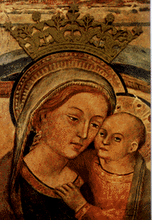
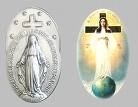



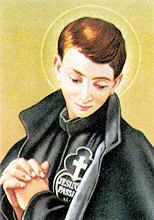
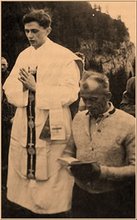
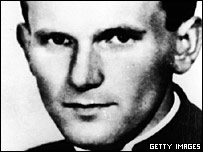
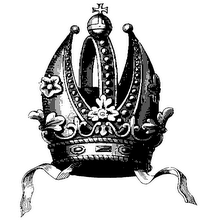
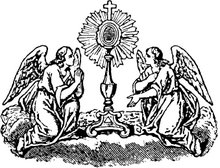
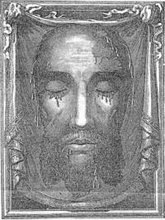
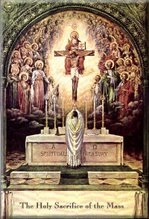

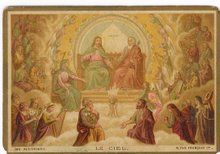




01.jpg)


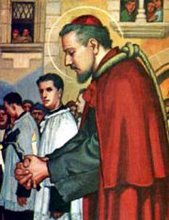

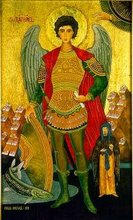






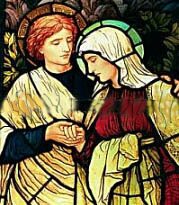




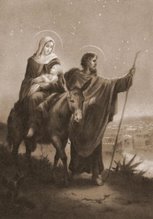
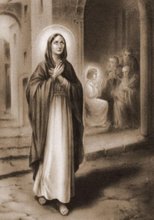
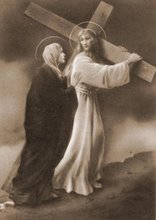
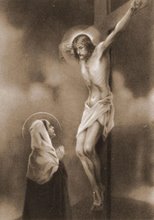
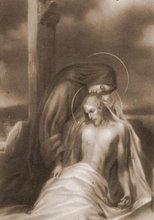
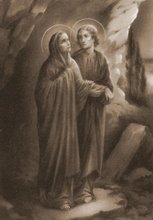
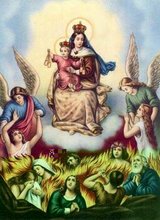
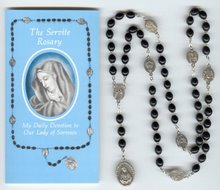
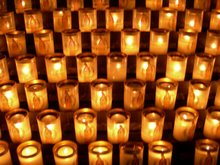

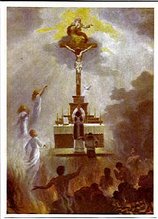


No comments:
Post a Comment